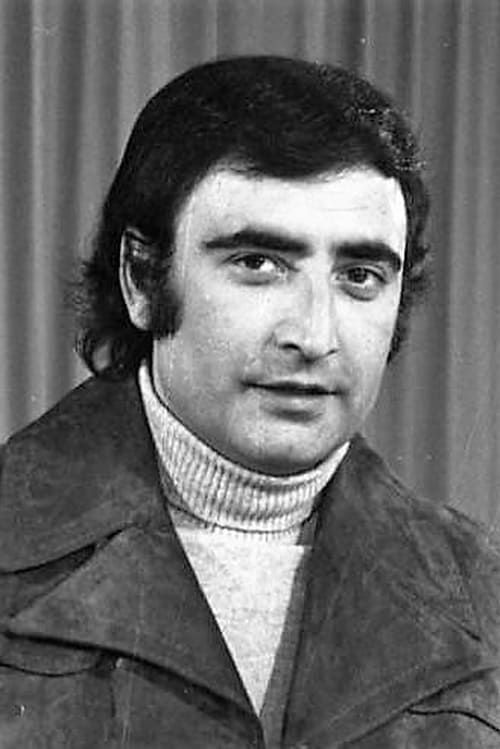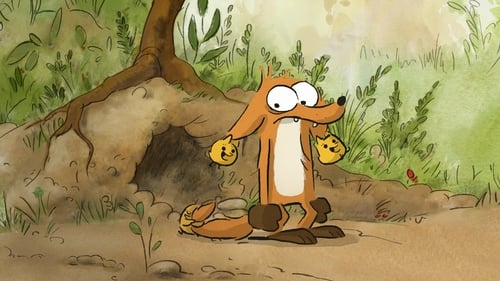Petitet (2018)
Genre : Documentary
Runtime : 1H 39M
Director : Carles Bosch
Synopsis
Joan Ximénez el Petitet is a Catalan gypsy who pursues a dream. A former musician now —a percussionist, son of Ramón el Huesos who worked with the mythical singer Peret—, and affected by a rare chronic disease, he wants to accomplish the promise he made to his mother before she died: to celebrate a rumba concert on the stage of the Liceu, a great theater in Barcelona, along with a big symphony orchestra.
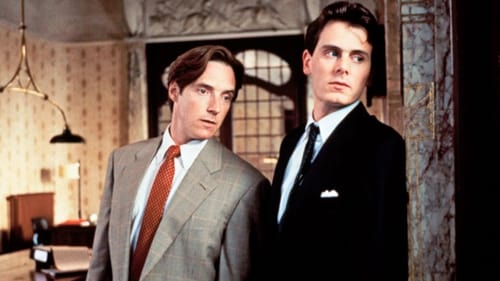
During the 1980s, uptight Ted Boynton is a salesman working in the Barcelona office of a Chicago-based company. He receives an unexpected visit from his cousin Fred, a naval officer who has come to Spain on a public relations mission for a U.S. fleet. Not exactly friends in the past, Ted and Fred strike up relationships with women in the Spanish city and experience conflicts -- Ted with his employer, and Fred with the Barcelona community.
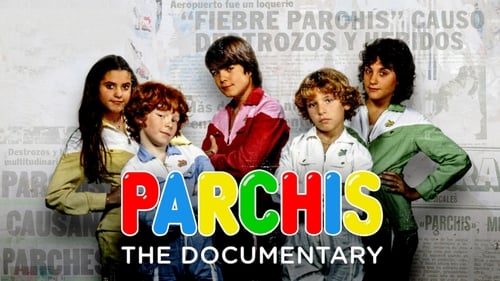
The spotlight's on Parchís, a record company-created Spanish boy/girl band that had unprecedented success with Top 10 songs and hit films in the '80s.
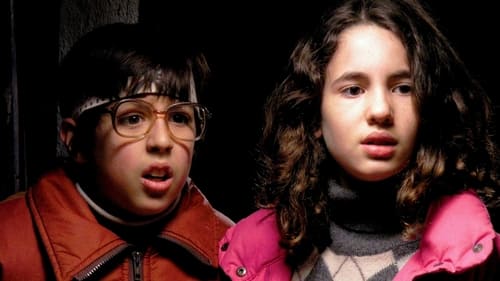
Cubelles, Tarragona, Spain, Christmas 1985. Five friends make an unexpected discovery in the forest: a woman disguised as Santa Claus trapped in a deep hole dug in the middle of nowhere.

On September 6, 2017, the Catalan regional government called an independence referendum. This propagandistic documentary by the Catalan government collects the experiences of an illegal referendum that led to the virtual independence of Spanish territory and the biggest constitutional crisis in Spain since 1981
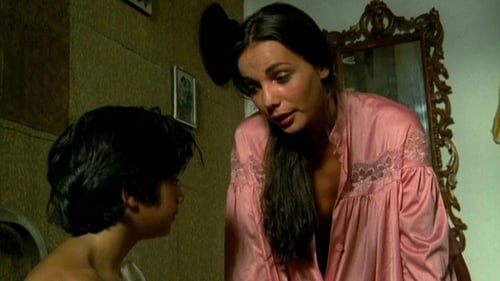
Juan Jose Moreno Cuenca, alias the Heifer, is 23 years old and tells his story as a criminal offender from 1 Ocaña Toledo. Fatherless, the offender has his childhood and how everything changed when her mother went to prison.

A punk documentary which is, at the same time, a history of Catalonia, an analysis of its political situation in 2017, a comic lamentation on the milestones of the Procés —the broken, unsuccessful path started October 1st which eventually should've ended with a true declaration of independence from Spain—, and a chaotic festival of references to pop culture, from Dumbo to Salvador Dalí.

A man desperately searches for his girlfriend on the Costa del Sol.

A humorous observation in Barcelona’s immigrant neighbourhood El Raval. Four barber shops, four places of remembrance, strange time and space capsules inhabited by people who left their home to find a better one, while the Spaniards are about to leave their own country themselves.

Despite her fame and fortune, Mina, a successful Indian actress in Mumbai, can't forget her little sister Sita, from whom she was forced to separate after their mother's death in a village. Thirty years later she will finally find out that Sita is alive and well in Barcelona. However, Sita's adoptive parents have erased all traces of her past. She is now called Paula, works as a researcher in Biology and has no recollection of her Indian background, let alone of Mina. Faced with the shocking truths of her past, Paula begins a long journey of self-discovery, aided along the way by her budding romance with the handsome Indian immigrant Prakash. A story of hope and love across Mumbai and Barcelona; from India to the Mediterranean and all the way back.

The life of Paco Martínez Soria (1902-1982), one of the most famous and beloved Spanish actors, both on stage and screen; a comedian, a theatrical producer, an idol for the masses. A celebration of the uncommon gift of making people laugh.

The lower part of Barcelona’s best district is a quiet and stately neighbourhood. The House of Columns hides many secrets, and has witnessed many events. The Catalan capital’s multiculturalism has a lot to offer. It’s better to laugh than to cry!

Prades, France, 1940s. The exiled Catalan cellist Pau Casals decides not to perform any more in public until the fall of the dictatorship that oppresses Spain. Pierre, a young Frenchman studying with Casals, tries to convince him to celebrate an extraordinary concert as a tribute to freedom.

Due to the increasing privatization of basic public services in Spain, companies such as BB Serveis are accused of misappropriating several million euros of public money intended to finance care for the elderly and other dependent persons.

A serious crisis has shaken Spain since the referendum on self-determination and the proclamation of the independence of Catalonia by the government of Carles Puigdemont, bold actions firmly fought by the Spanish government by applying the constitutional article that allows it to place a region under guardianship. While Spain is on the verge of implosion, Europe is holding its breath.

Documentary made by the Spanish political party VOX about the Catalan referendum of 2017 from the point of view of some leaders of the party.

Constitutionally precluded from claiming any right to self-determination, the Catalans stick to their guns. The separatist movement is gaining ground in Catalonia. Notwithstanding the Spanish Constitution (which states that Spain is indivisible, making any referendum thereby unconstitutional), 2.3 million people voted in the November 2014 de facto referendum. The results speak for themselves: 81% of Catalans are in favour of independence. Seizing this historic moment, filmmaker Alexandre Chartrand gives a voice to the civil society figures who have been propelled to centre stage in national politics.
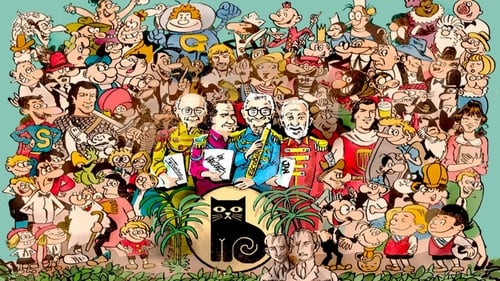
The history of Bruguera, the most important comic publisher in Spain between the 1940s and the 1980s. How the characters created by great writers and pencilers became Spanish archetypes and how their strips persist nowadays as a portrait of Spain and its people. The daily life of the creators and the founding family, the Brugueras. The world in which hundreds of vivid colorful paper beings lived and still live, in the memory of millions, in the smile of everyone.
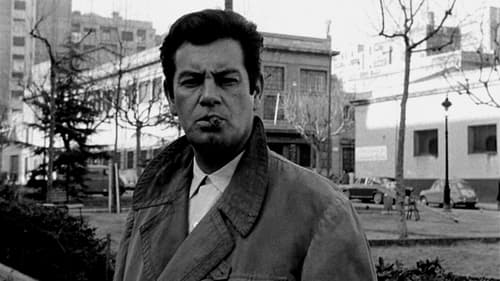
Martin and Antoine, two French criminals, team up with Román and El Picas, a friend of the latter, to commit robberies in Barcelona, but things do not turn out as expected.

During the summer of 1957 a man called Juan de Dios goes through a convalescence in a country hotel. Following the prescriptions of the doctor, he must take complete rest, "not a single movement, not a single thught". Stretched on a hammock, Juan de Dios must resign to "sinking himself in the boredom, just like a castaway at sea". But suddenly he realizes that immobility is something impossible: Juan de Dios sees himself overwhelmed by a myriad of physical, sound, optical and olfactory sensations,which awaken his spirit. After three hours of this contemplation, he announces his departure in the next day. Back in Barcelona, Juan de Dios gives himself over to the sensationsof the city.



